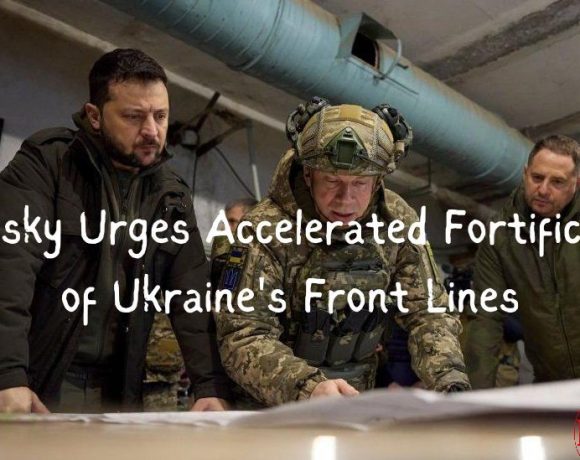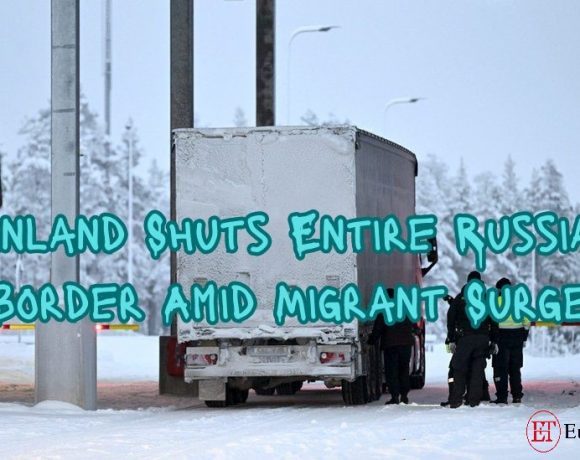
Ukrainian President Volodymyr Zelensky has emphasized the urgent need to strengthen defenses along the front line following meetings with commanders in key areas of tension in the south and east. Russian forces are attempting to encircle the eastern town of Avdiivka, targeting southern regions like Kherson and Zaporizhzhia. President Zelensky, in his nightly address, highlighted the importance of accelerating the construction of structures in sectors requiring reinforcement. Despite Ukraine’s air force claiming success in downing 18 out of 25 Russian drones and one cruise missile, the situation remains challenging, especially with temperatures dropping below freezing.
Zelensky acknowledged that winter introduces a new phase of the war, and he pledged “maximum attention” to eastern towns under fire, the Donetsk region, and the defensive line in the north-east. Concerns are rising about the possibility of a “frozen” conflict despite ongoing fierce fighting. The failure of Ukraine’s counter-offensive since the summer to achieve desired gains has raised questions about frontline morale. The military reported repelling 20 attacks near Avdiivka, which is almost encircled by Russian forces. The town’s industrial hub faces threats, with Russian forces aiming to seize a nearby coke plant.
In the south-east, Russian forces are attempting to regain lost areas around Robotyne, but Ukrainian officials claim to maintain positions on the east bank of the River Dnipro. Zelensky expressed dissatisfaction with casualties and the insufficient supply of weapons. Despite facing challenges, Ukrainian forces managed to regain control of the village of Krynky after crossing the Dnipro, facing relentless Russian attacks. Russia’s defense ministry reported repelling a Ukrainian naval attack on occupied Crimea via the Black Sea, while parts of the peninsula were placed under a state of emergency due to storm-related deaths.
Picture Courtesy: Google/images are subject to copyright

